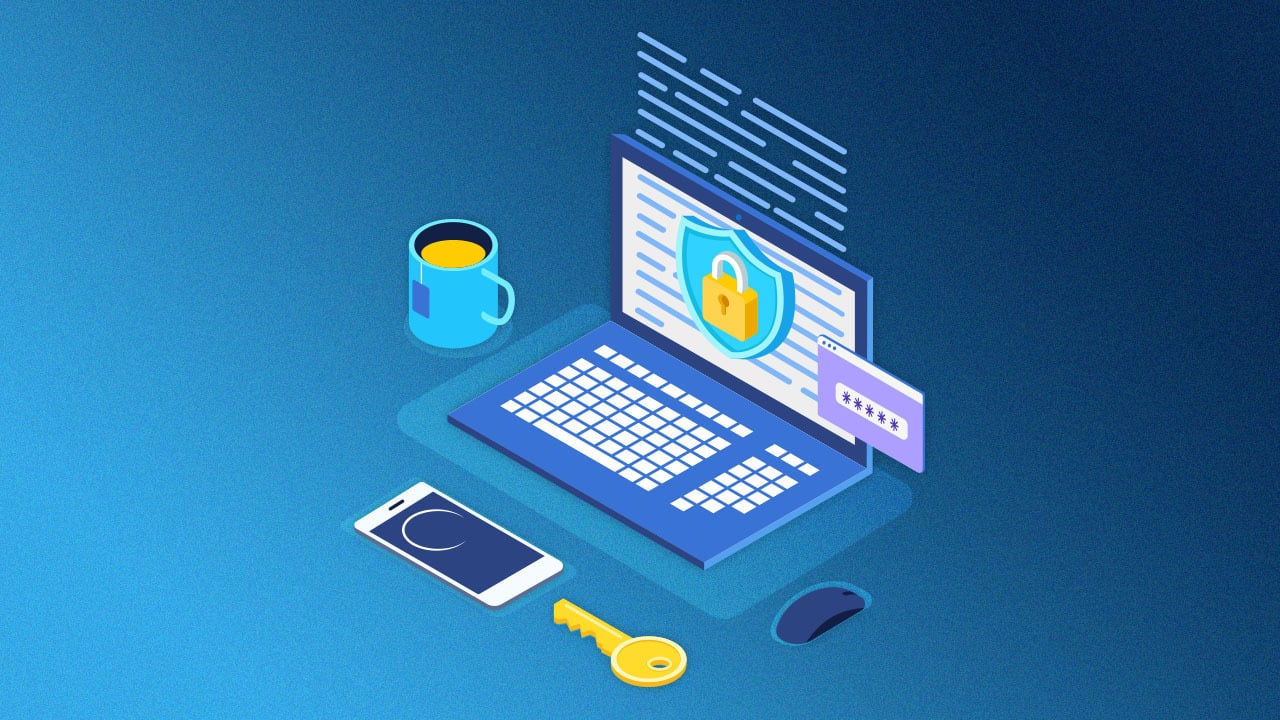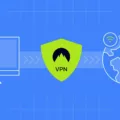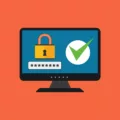Encrypted connections are an essential part of staying secure online. With the rise of cybercrime, it’s more important than ever to make sure that your data is secure. Safari is one of the most widely used web browsers and it provides a number of ways to keep your information safe with encrypted connections.
When you use Safari, encrypted connection technology makes sure that any data you share with websites or other users is protected against interception and tampering. This ensures that any sensitive information you share such as passwords and credit card numbers remains private and secure. Safari also uses encryption to protect your browsing history from being tracked by third parties, such as advertisers.
The way that Safari uses encryption is quite different from other browsers. Rather than using a single type of encryption, Safari employs multiple layers of security measures to ensure that your data remains protected at all times. The first layer of encryption used by Safari is called Transport Layer Security (TLS). TLS provides a secure connection between your computer and websites. The second layer is called Secure Sockets Layer (SSL). This layer also provides an encrypted connection between your computer and websites but with added features such as certificate-based authentication for verifying the authenticity of websites you visit.
To further protect your data when using Safari, there are a few settings you can change in the browser’s preferences. You can enable or disable security warnings whenever a website requests sensitive information from you, set keychain trust for websites that have certificates issued by Apple or other organizations, disable IPv6 for networks on Mac computers, and use a VPN (Virtual Private Network) to make sure all your browsing activity remains secure and anonymous.
Overall, when using Safari it’s important to remember that even though the browser offers multiple layers of encryption for protecting your data online, taking extra measures such as enabling security warnings or using a VPN are necessary steps in order to maximize protection against potential cyber threats.

Fixing Safari’s Encrypted Connection Issues
To fix Safari using an encrypted connection, you should first check your URL to make sure it is correct. Then, set the keychain to trust the certificate and ensure that your antivirus is up-to-date so the site can be trusted. Additionally, you can disable IPv6 for your network on Mac and secure your browsing with a VPN. It’s also important to make sure that the date and time are correct on your computer. Finally, you may want to switch to a different DNS server as this may help resolve any connection issues.
Turning Off Secure Connection in Safari
To turn off a secure connection in Safari, open the Safari app on your Mac and choose Safari > Settings. Then click the Security tab. Uncheck the box next to “Warn when visiting a fraudulent website” and uncheck the box next to “Enable JavaScript”. This will turn off the secure connection in Safari.
Safari’s Encryption Method
Safari, the default web browser that comes with iOS and iPadOS devices, uses the same encryption technology as Data Protection, which is a file-level encryption designed specifically for Apple products. Safari encrypts the data stored in its web caches and cookies, ensuring that any information stored in these locations is safe from prying eyes. Additionally, Safari also uses TLS (Transport Layer Security) to protect data sent between the device and the web server. TLS encrypts all of the traffic sent between a device and a website, so even if someone were to intercept your information mid-transmission, they wouldn’t be able to decode it without your private key. By using both Data Protection and TLS encryption technologies, Safari ensures that your data stays safe while browsing the internet.
The Risks of Visiting an Unsecured Website on Safari
Safari is warning you that the website you are visiting is not secure because it is not encrypted. Encryption helps protect your data from being stolen or intercepted by hackers. Without encryption, any information you enter on this website, including passwords and credit card information, could be vulnerable to theft. For your safety and security, it’s best to avoid websites that are not secure and look for ones with a secure connection, indicated by a padlock icon in the address bar.
Conclusion
In conclusion, encrypted connections are an important part of keeping your data safe and secure. They prevent any third parties from being able to snoop on the data you’re sending or receiving, and they also make sure that your data remains private. Encrypted connections can be established through tools like SSL/TLS, which encrypts the data between two endpoints. Additionally, HTTPS is a common type of encrypted connection that can be used to secure websites. By using encryption, you can ensure that your data remains confidential and secure as it is sent over networks.








